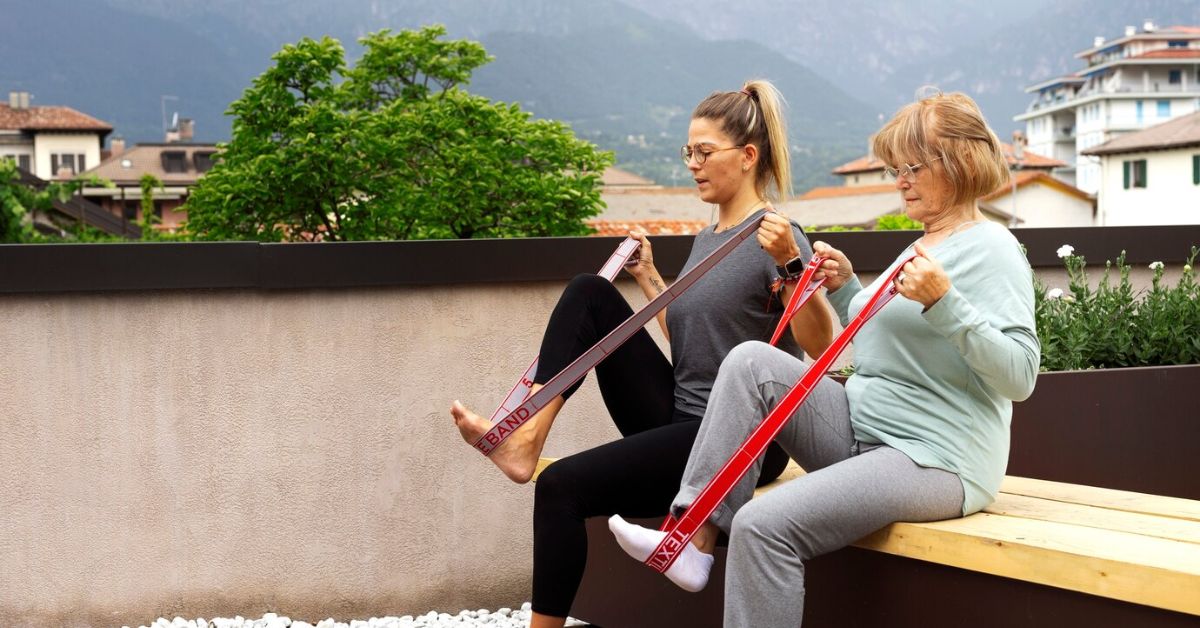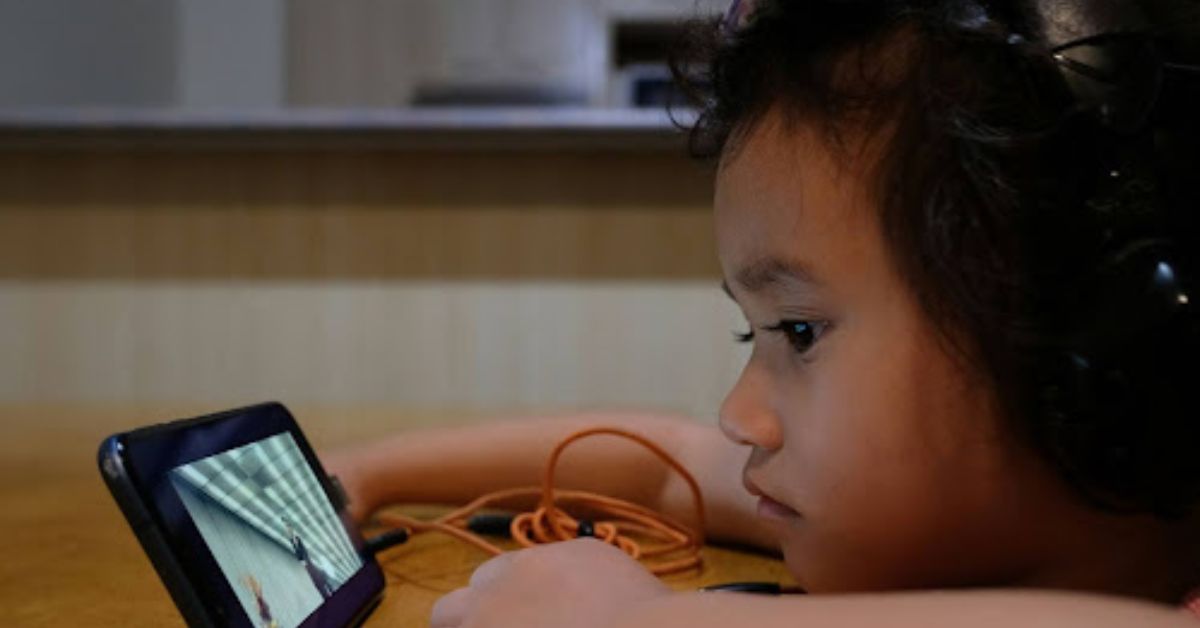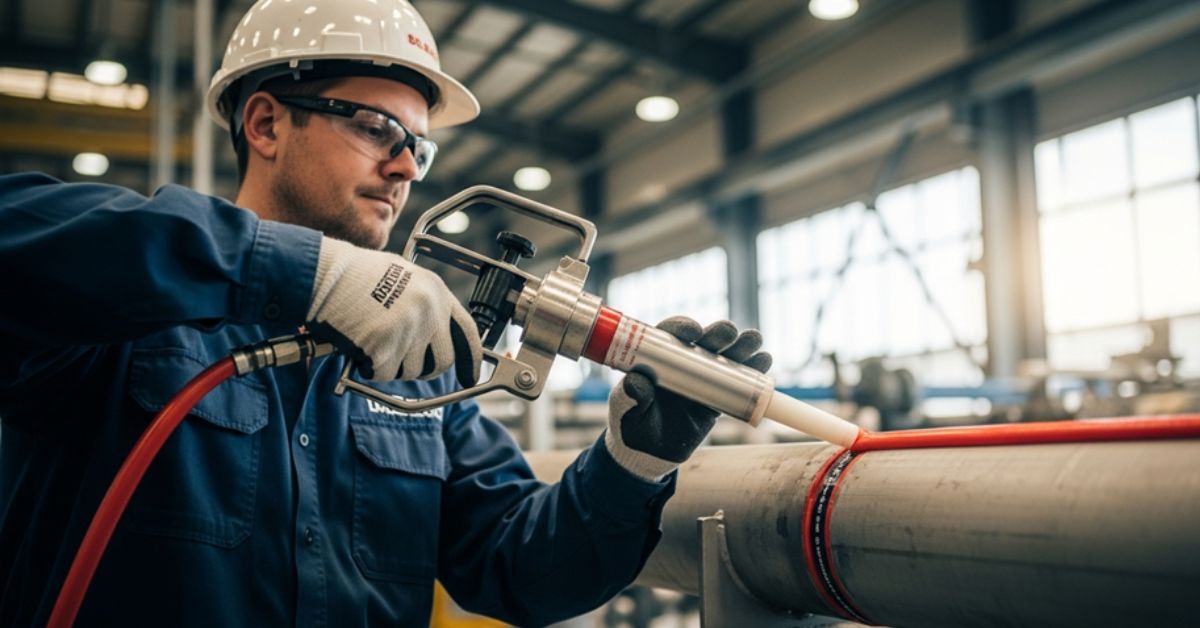For individuals living with physical limitations or disabilities, mobility stands out as a crucial determinant of quality of life. The ability to move freely not only affects physical health but also impacts social integration, independence, and psychological well-being. Within this context, the National Disability Insurance Scheme (NDIS) plays a pivotal role in facilitating access to essential services, including NDIS physiotherapy, which can dramatically enhance the day-to-day lives of those it supports.
The Vital Role of NDIS Physiotherapy
NDIS physiotherapy is a specialised service designed to help participants manage and overcome physical challenges. Physiotherapists, working under the NDIS framework, are instrumental in assessing an individual’s mobility needs, setting realistic goals, and crafting a tailored plan that not only focuses on rehabilitation but also on nurturing independence and self-reliance.
Assessment and Personalised Care Planning
The journey towards enhanced mobility begins with a thorough assessment. Accredited physiotherapists evaluate the participant’s current physical capabilities, identifying areas that require attention. This phase is crucial, as it lays the foundation for a personalised care plan that aligns with the unique needs and aspirations of the individual.
Goal-Oriented Rehabilitation
Following assessment, physiotherapists set attainable goals. These objectives are not set in stone, allowing for flexibility as participants progress. The rehabilitation process is squarely aimed at maximising function, reducing pain, and improving mobility through an array of techniques and exercises.
Innovative Therapies and Interventions
A broad spectrum of therapies falls under the purview of NDIS physiotherapy. From traditional strength and conditioning drills to cutting-edge treatments like hydrotherapy and assistive technology, these interventions are designed to promote movement and independence.
Equipment and Adaptation
Part and parcel of enhancing mobility is the provision of appropriate equipment. Whether it’s customised seating, mobility aids, or orthotic devices, physiotherapists can guide participants in selecting the right tools to assist them in everyday life.
Overcoming Barriers to Independent Living
For many disabled individuals, the physical barriers to independent living are daunting. Yet, through the support of NDIS physiotherapy, these obstacles can be addressed. Core to this is not only better movement but also the empowerment that comes with the enhanced capacity to perform daily activities unaided.
Building Confidence and Self-Esteem
As physical abilities improve, so too does the participant’s confidence. The psychological boost that comes from being able to navigate the home environment, engage in community activities, or even return to work cannot be overstated.
Personal and Social Development
Improved mobility often translates into greater opportunities for personal growth and social interaction. Physiotherapy under NDIS can open doors to hobbies, education, or volunteering, fostering a sense of belonging and purpose.
Sustained Health and Well-being
The benefits of regular physical activity extend well beyond mobility. With the help of physiotherapy, participants can maintain optimal health, manage chronic conditions more effectively, and potentially mitigate future disabilities.
The Collaborative Approach of NDIS Physiotherapy
The success of NDIS physiotherapy hinges on collaboration. Participants, their families, carers, and healthcare professionals all contribute to the rehabilitation journey. It’s a concerted effort that demands communication, encouragement, and mutual respect.
Empowerment Through Education
Education is a crucial aspect of the physiotherapist’s role. By imparting knowledge about body mechanics, injury prevention, and self-management techniques, physiotherapists empower participants to take charge of their recovery and maintain progress independently.
Interprofessional Care Coordination
Often, the journey to enhanced mobility requires the input of various specialists. Coordination among doctors, occupational therapists, psychologists, and other health professionals is essential to provide a rounded and effective care package.
Support Networks and Community Resources
Lastly, physiotherapists can act as a bridge to community resources that complement the rehabilitation process. Support groups, recreational clubs, and disability services can all play a part in the participant’s broader social integration.
Conclusion: A Path to Independence
The transformative impact of NDIS physiotherapy on the lives of disabled persons cannot be understated. Through targeted interventions, personalised care plans, and a supportive network, individuals gain the mobility tools that serve as a cornerstone to independent living. As a pathway to greater freedom and self-determination, NDIS physiotherapy represents a vital resource that empowers participants to break through the physical constraints that once held them back, paving the way for a life replete with opportunity, engagement, and fulfilment.
Embracing the Opportunity for Change
It is clear that NDIS physiotherapy offers more than just physical rehabilitation; it provides a beacon of hope for countless Australians seeking to reclaim their independence and take active roles in their communities. By embracing the opportunities afforded by the NDIS, participants are not just enhancing their mobility—they’re embracing a future redefined by possibility and potential.











